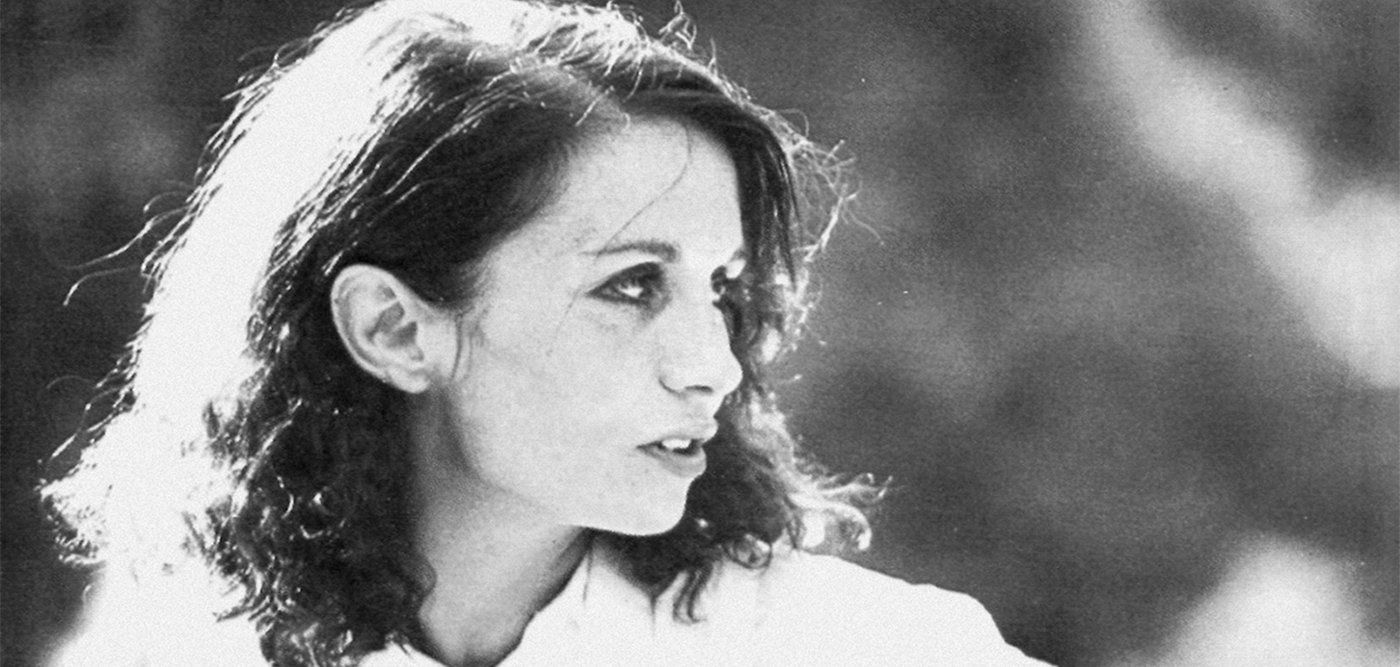Katerina Gogou became widely known to the public through the roles of the naïve, carefree girl in the box-office hits of her era. Yet few knew, until her poetic talent unfolded, what her soul was truly hiding.
From the screen to real life
Katerina Gogou was born in Athens in 1940 and grew up during difficult years, scarred by the Greek Civil War. She showed a strong inclination towards the arts from an early age and, at only 12, enrolled in the Drama School of the National Theatre. She entered cinema in the 1960s and soon stood out in Finos Film productions, usually portraying the spontaneous, lively young woman.
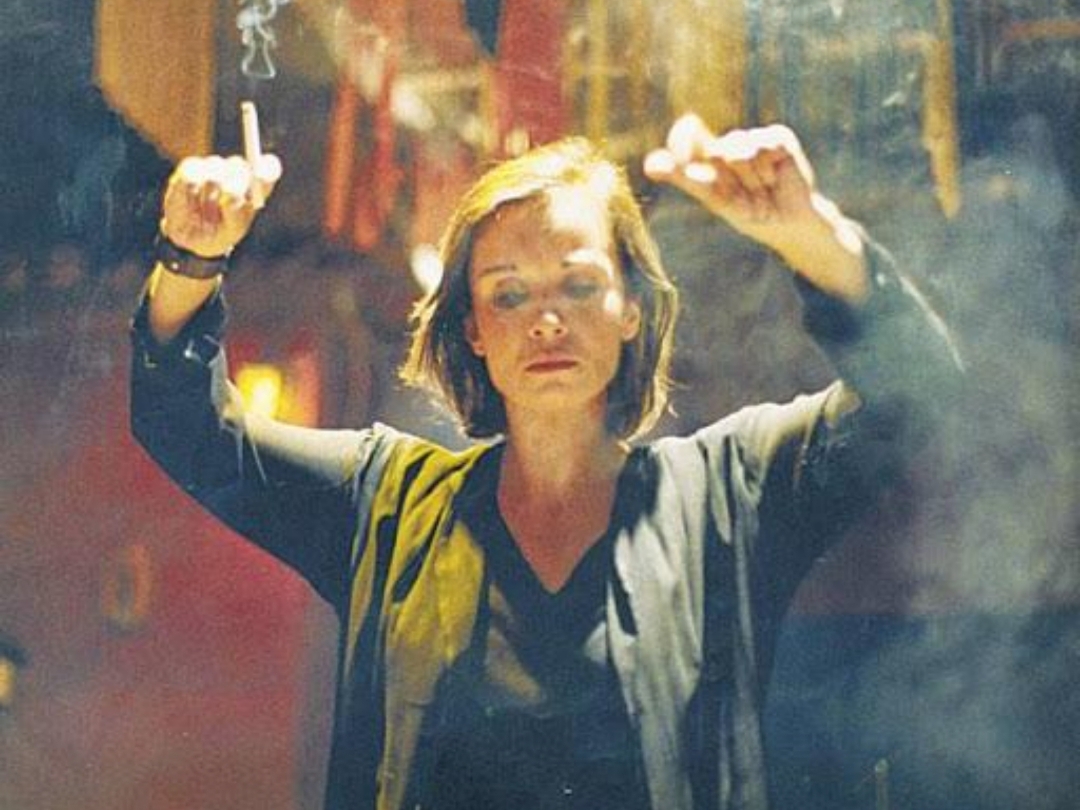
Movies such as A Crazy, Crazy Family (1965), Girls in the Sun and Marijuana Stop! (1971) established her as a household name. Audiences laughed with her screen persona, but behind the smile lay a deep melancholy.
The woman behind the image
Despite her popularity, Gogou found little satisfaction in cinema. Gradually she moved away from lighthearted comedies and turned towards more politicized pursuits. The dictatorship of the Colonels and the post-civil war climate deeply marked her, fueling her restlessness and resistance.
Her personal life was also turbulent. She married actor Manos Zacharias, with whom she had a daughter, Myrto. Although the marriage did not last, her daughter remained a central figure in Gogou’s poetry.
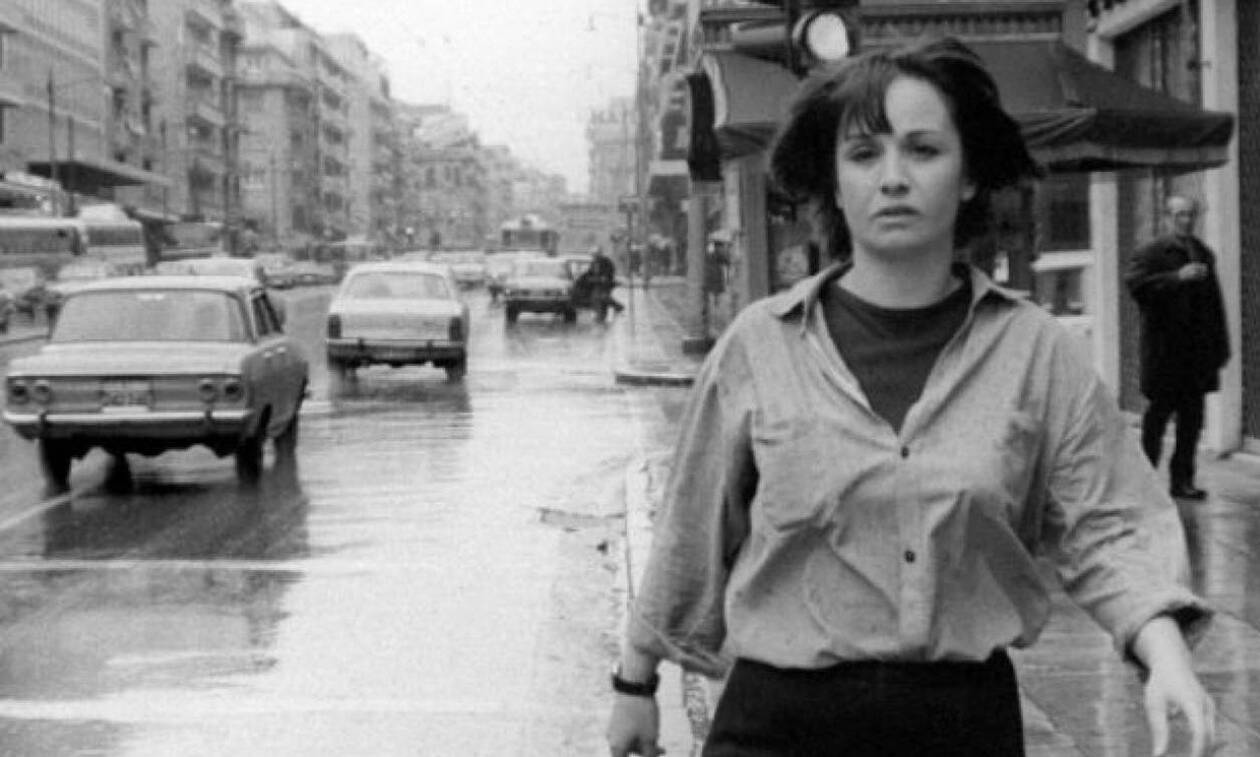
Poetry as a cry
Katerina Gogou’s great turning point came in 1979 with the release of her first poetry collection Three Clicks Left. The book became a cultural phenomenon, transcending literature and speaking directly to the youth of the era. Raw, rebellious, and filled with rage and tenderness, her verses captured the spirit of a generation.
“I know they never aim for the legs. The mind is the target. Keep that in mind, okay?”
Her voice was different: she shattered literary conventions, bringing to poetry the streets of Exarchia, social marginalization, and political violence. Subsequent collections such as The Wooden Overcoat (1982) and Antigone (1985) carried on the same uncompromising tone.
“I don’t regret” – A life in defiance
She once said: “I don’t regret anything. Everything I did, I did because I felt it. And if I could go back, I would do it all over again.”
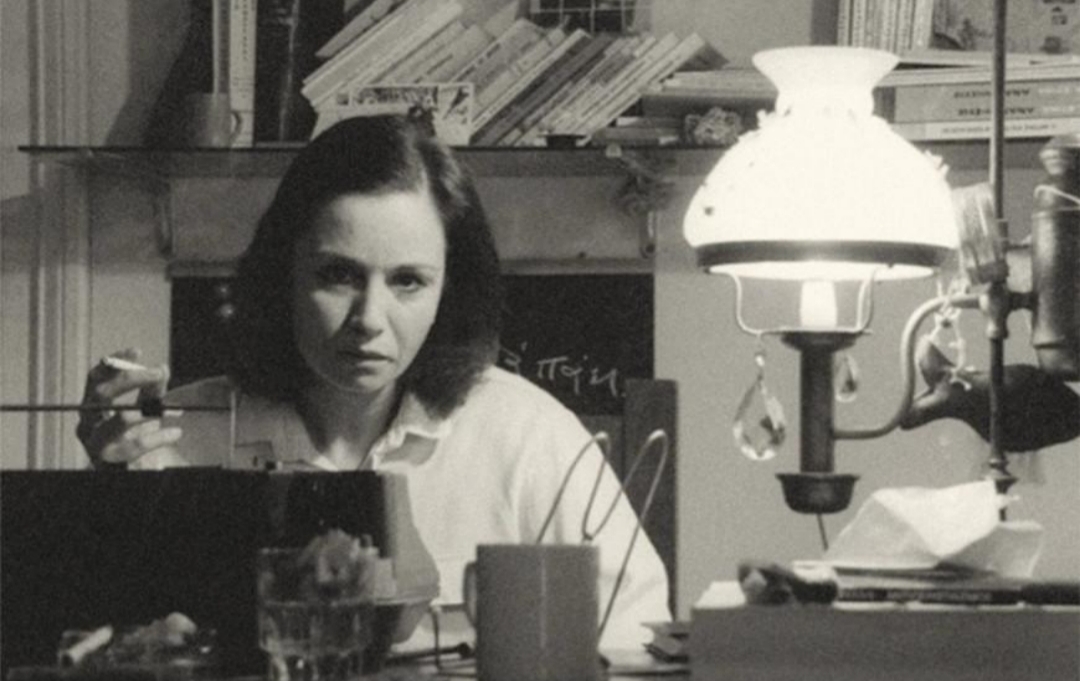
Gogou became a symbol for a restless generation. Through her poems, often performed with musical accompaniment at concerts and gatherings, she expressed despair but also an indomitable will for freedom.
One of her characteristic verses reads:
“If you are what I cannot stand, remember it.
If you are what I cannot bear, remember it.
I am not what you want…”
The tragic end
Despite the strength of her words, Gogou’s personal battle with depression and disillusionment was relentless. On October 3, 1993, she took her own life at the age of just 53, leaving behind an unfulfilled promise and a lasting legacy.
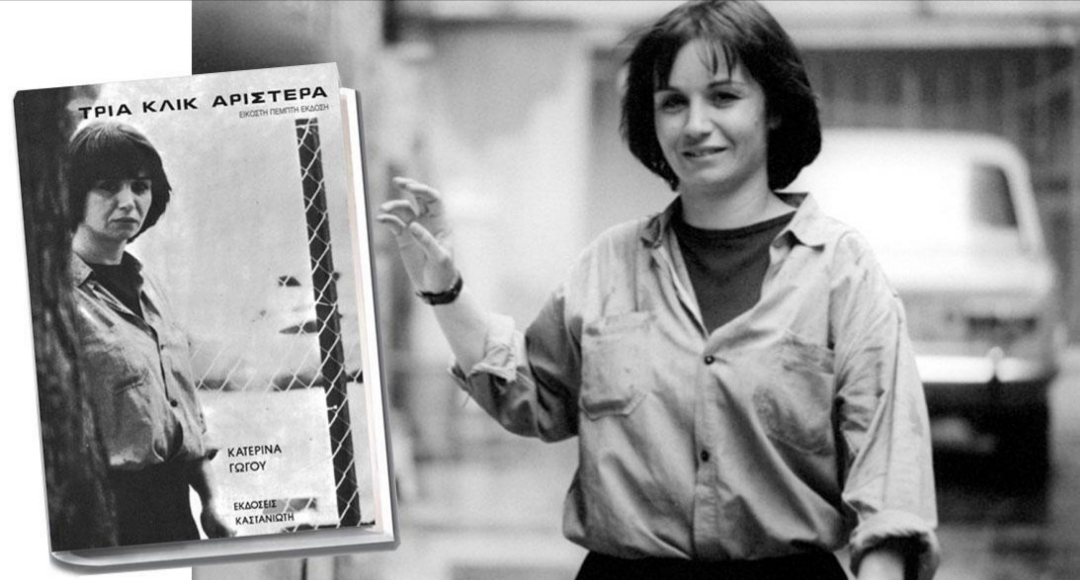
Katerina Gogou remains one of the most emblematic figures of modern Greek poetry. Her verses continue to move and inspire, set to music, shouted as slogans by youth, and read as manifestos of a soul that never settled.
She was the carefree girl of the silver screen who turned out to be the most restless, authentic voice of her generation.



